Governor Gavin Newsom of California recently vetoed Assembly Bill 1840, a piece of legislation aimed at opening up the state’s home buying assistance program to undocumented immigrants.
In his explanation, Newsom pointed to the state’s tight budget, stating, “Given the finite funding available for CalHFA programs, expanding program eligibility must be carefully considered within the broader context of the annual state budget to ensure we manage our resources effectively.”
A Closer Look at Assembly Bill 1840
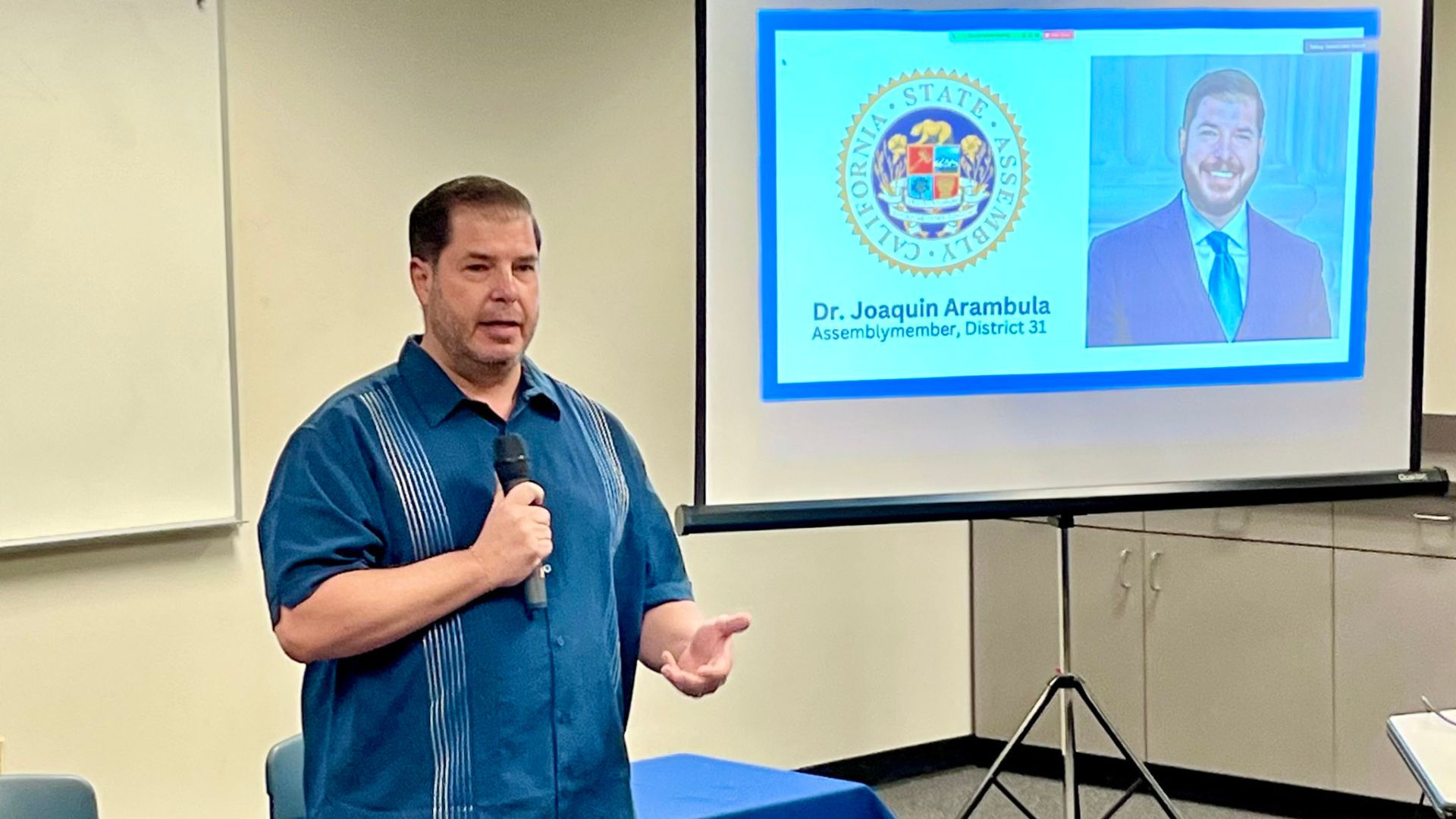
Assemblymember Dr. Joaquin Arambula spearheaded the bill that promised no-interest loans up to $150,000 for eligible first-time homebuyers—immigration status notwithstanding.
His vision was clear: open up the California Dream for All loan program to everyone who qualifies financially.
Arambula’s Case for Equality
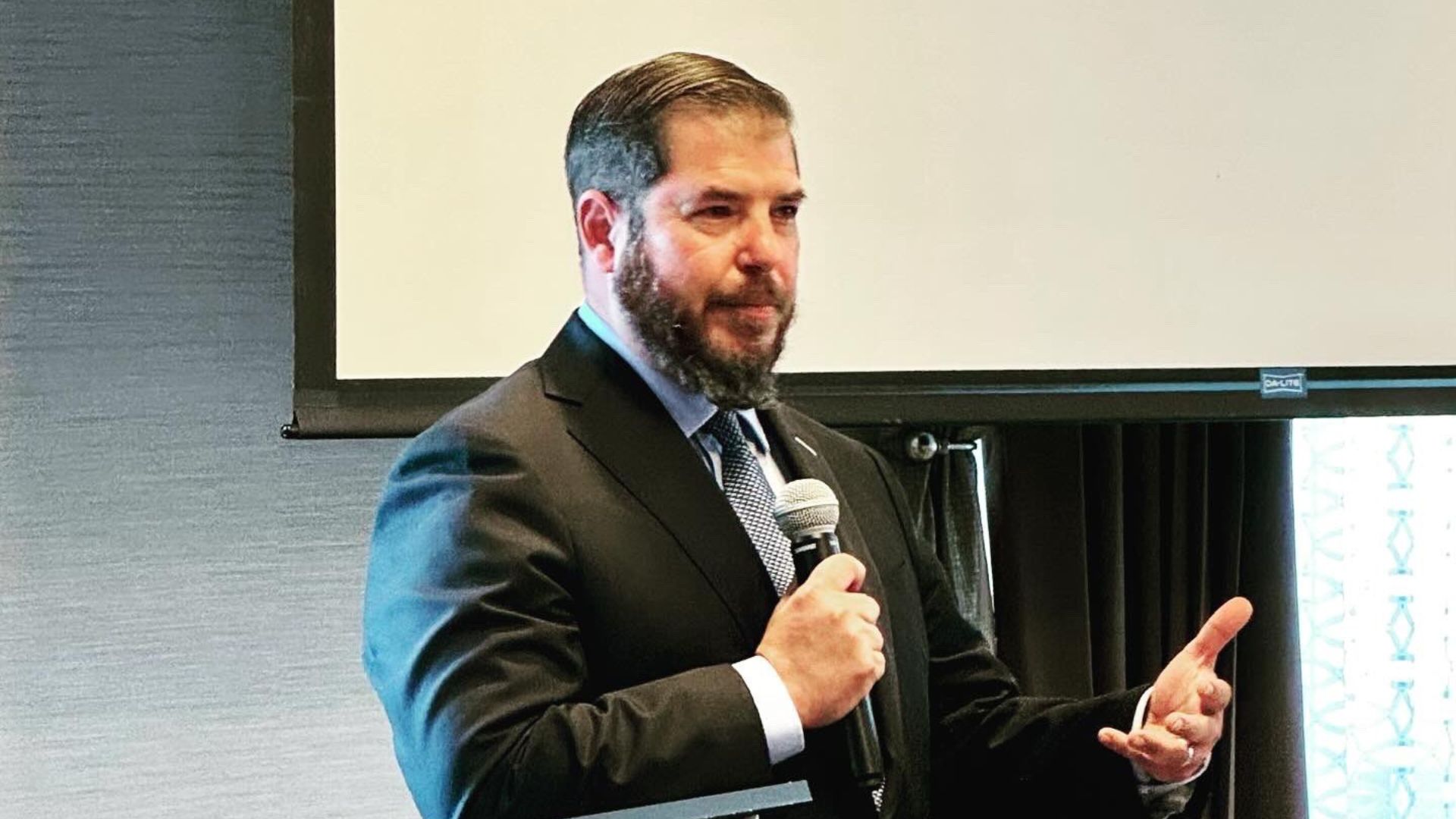
Dr. Joaquin Arambula championed the inclusivity of the bill, telling Newsweek, “The bill simply clarified the language of the existing program to make it clear that undocumented immigrants can apply—once again, if they meet all the criteria.”
He highlighted the intention to include financially capable but undocumented residents.
Budget Woes Block Housing Bill
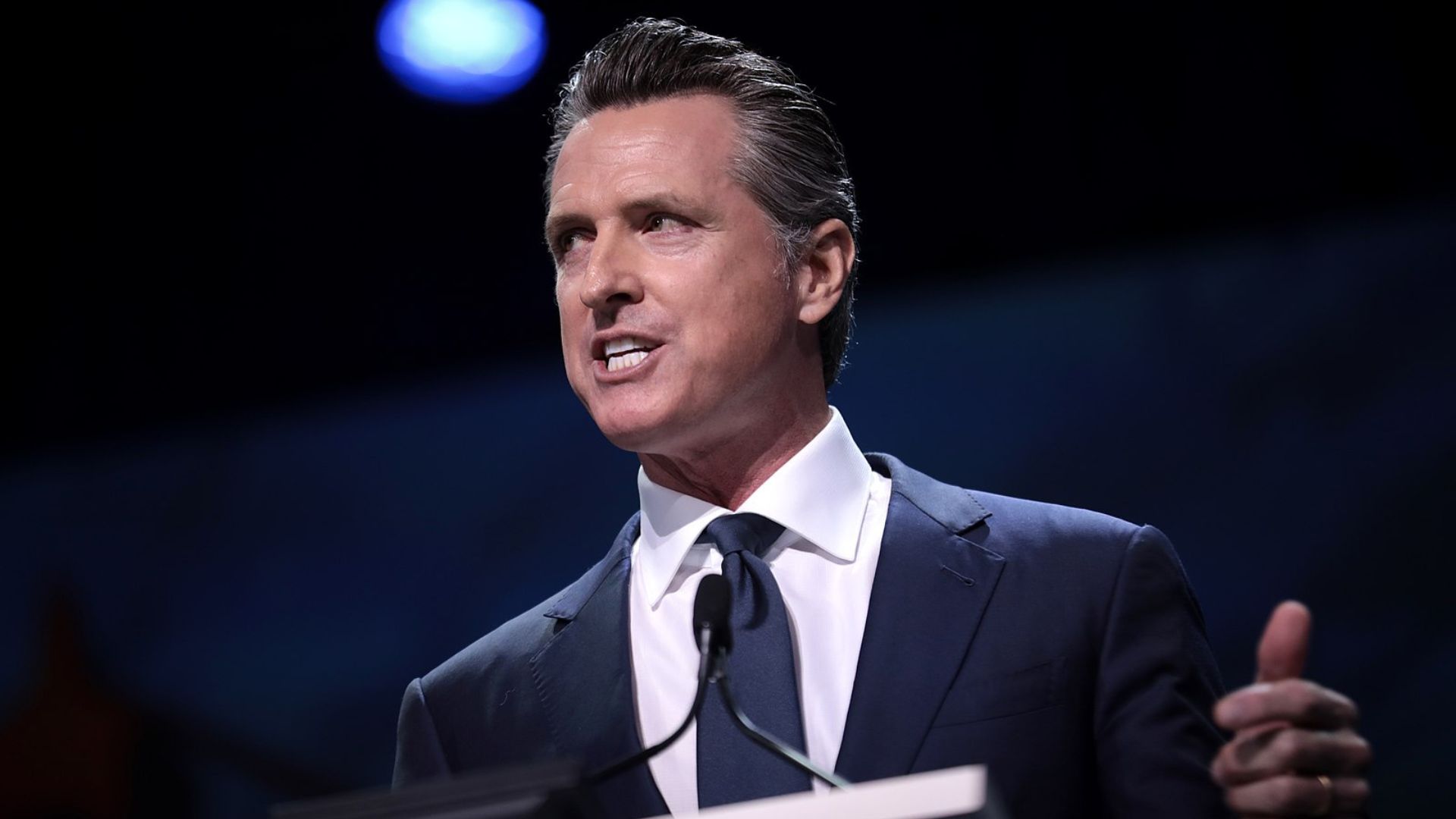
Governor Newsom, wrestling with a staggering $27.6 billion budget deficit, had a tough call to make.
He expressed his reluctance to sign the housing bill, explaining that California’s tight budget simply couldn’t stretch to accommodate the expansion of benefits without putting the entire program at risk.
From Legislative Support to Executive Veto
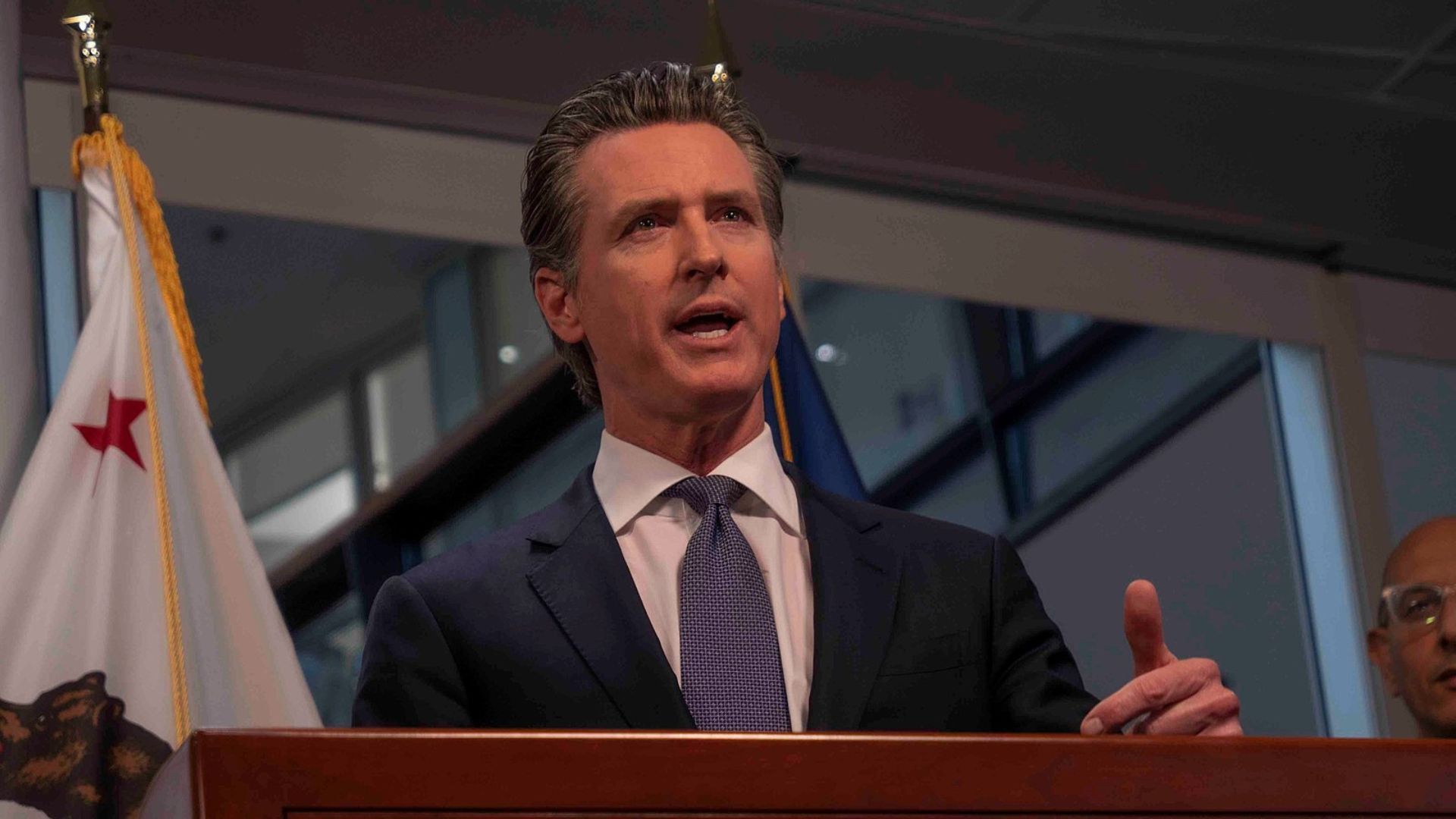
While the bill passed both the Assembly and Senate with significant support from the Democrats.
However, Governor Newsom’s veto demonstrated a stark contrast between legislative enthusiasm and the practicalities of executive decision-making.
GOP Voices Concern Over Bill’s Timing
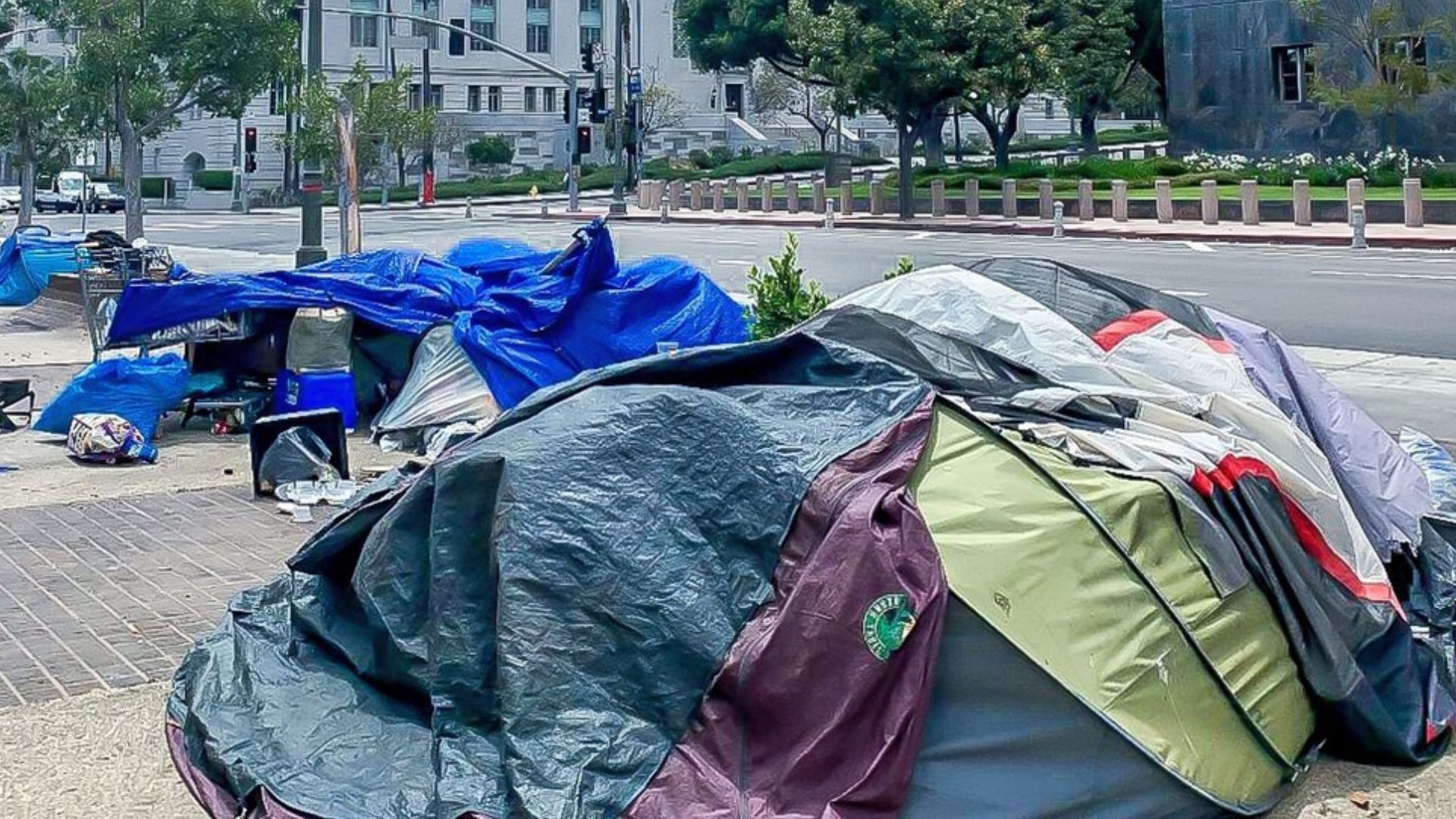
In the wake of the bill’s legislative journey, Jessica Millan Patterson, the chairwoman of the California GOP, criticized the Democratic leadership for their priorities.
She said, “California suffers from rampant crime, a homeless crisis, failing public education and a massive budget deficit, but instead of tackling those issues, California Democrats are passing extreme housing policies.”
Disappointment from Bill’s Sponsor
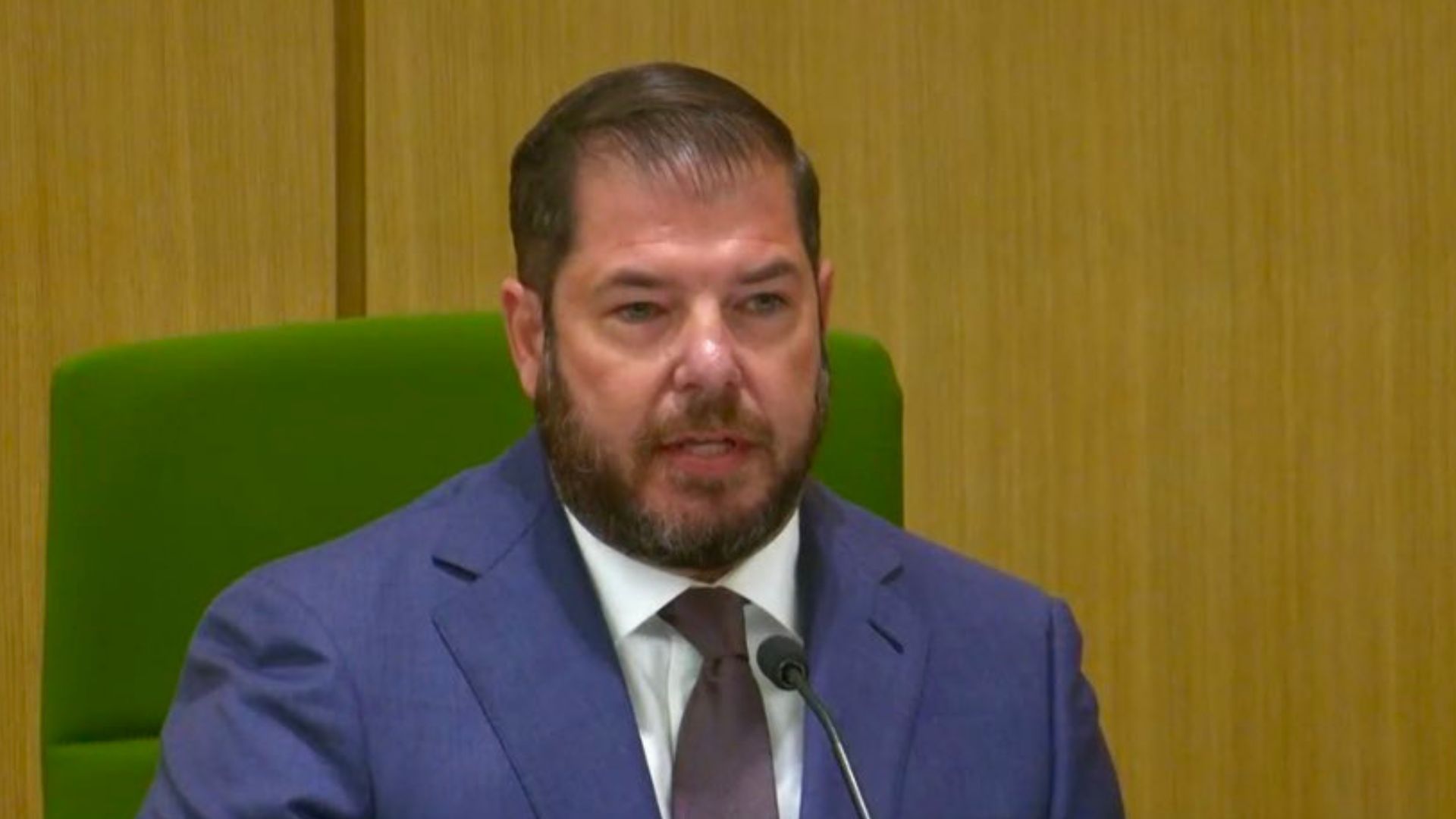
Dr. Arambula expressed his disappointment after the veto, noting the strong legislative support the bill had received: “The bill had won wide support in the Assembly and passed the Senate to get to his desk.”
This statement highlighted his frustration with the outcome.
More Than Just a Bill
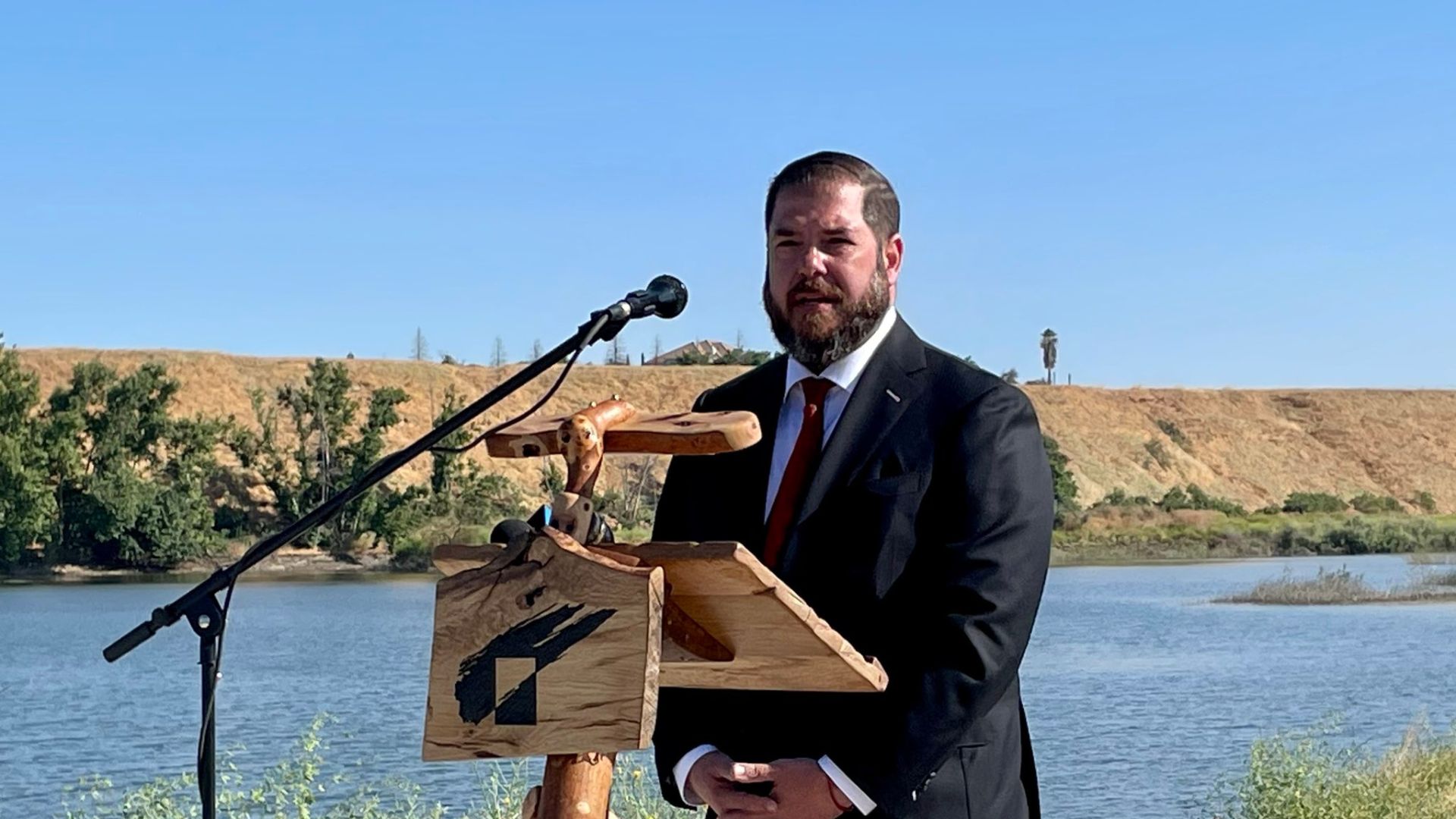
To Arambula, this bill was about fairness—allowing hardworking, undocumented residents to dream of homeownership and pass on wealth to their children.
“The veto doesn’t change the fact that many people—including undocumented immigrants—dream of owning a home so that generational wealth can be passed to their children,” he said.
Broader Political Echoes

The veto came amidst broader national conversations about immigration, notably former President Donald Trump’s declaration that he would ban illegal immigrants from obtaining home mortgages.
This is a stark contrast to the discussions happening at the state level.
Consequences of the Veto

The veto means that undocumented immigrants in California will remain outside the purview of state-supported home buying assistance.
Meaning that this barrier to homeownership for a significant segment of the population continues.
What’s Next for Housing Assistance?

The future of housing assistance in California hangs in balance.
With ongoing debates and financial constraints, decisions made now will shape who gets help and who gets left behind in the housing market.
The Continuing Debate

Housing affordability and immigration continue to spark heated debates in California.
How the state balances its financial limits with its social goals will be crucial, influencing not just current residents but generations to come.
